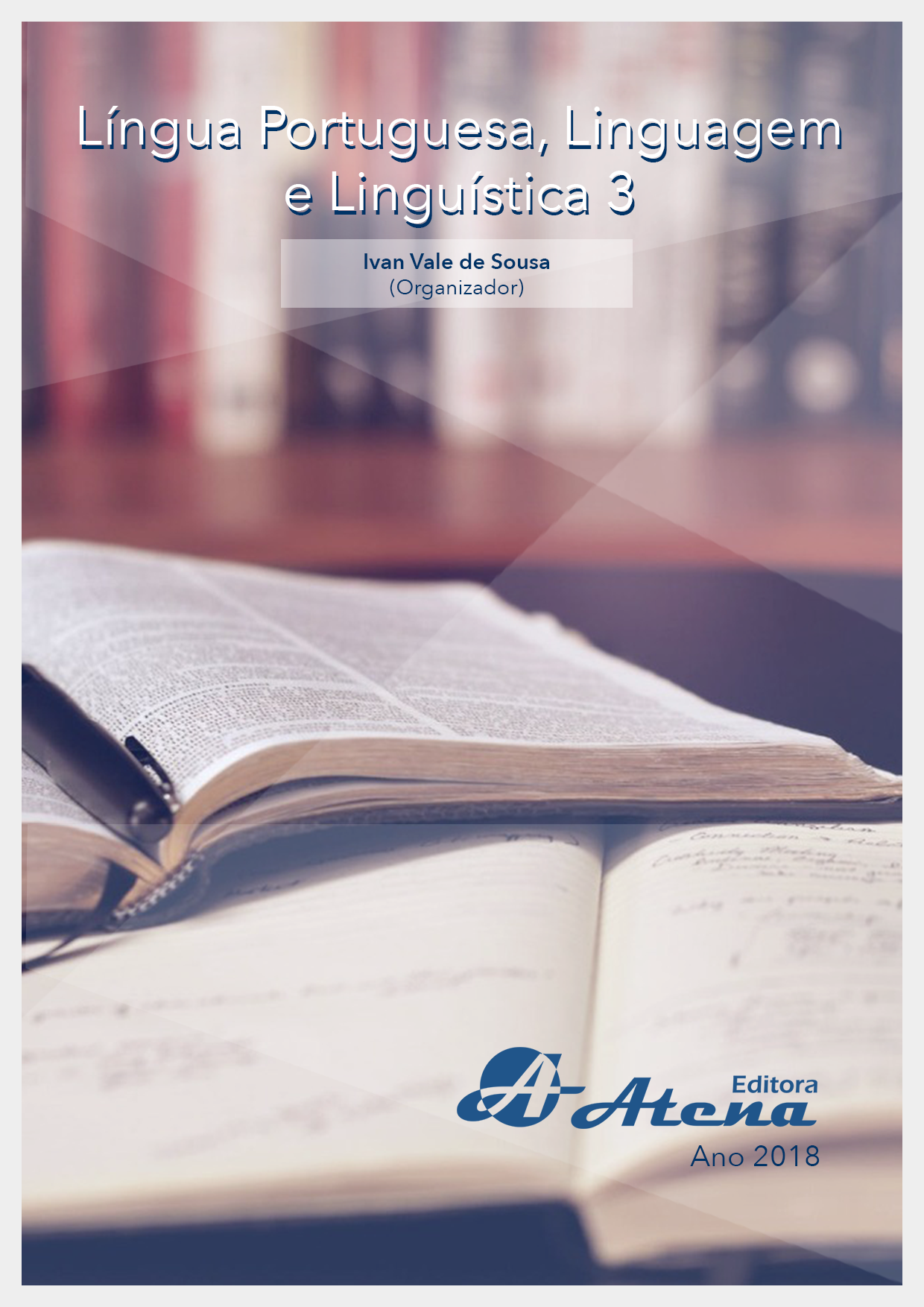
“NESTES MOMENTOS LÚGUBRES DE ONTEM”: LITERATURA E HISTÓRIA NAS PÁGINAS DE GUIMARÃES ROSA E NAS DE ERIC HOBSBAWM
Aproveitando o ano em que se
celebram os setenta do aparecimento de
Guimarães Rosa para o grande público e a
proximidade do centenário de Eric Hobsbawm,
esta comunicação lança um confronto de
visões sobre um acontecimento específico do
Século XX — a Segunda Guerra Mundial —,
examinando-o, ora pela leitura histórica de
Hobsbawm, ora pela ficção rosiana presente
em algumas crônicas de Ave, palavra (1970).
Enquanto para a história dos movimentos
populares deste intelectual britânico o século
passado nos legou uma Alemanha como imagem
de incivilidade e de desintegração sociopolítica
produzida, sobretudo, pela ganância do
capitalismo, para o escritor mineiro, no entanto,
este país não poderia ser reduzido apenas ao
aspecto político ou a um espaço onde imperam
a opressão despótica e um povo que a aplaudia.
Rosa, cônsul no norte da Alemanha durante
este período conflituoso, cultuava a música, a
literatura e a própria língua germânica como
referências de sua criação literária, e por isso
resiste à força de Hitler edificando, no coração
dos valores nazistas, uma anti-imagem da
Alemanha num momento em que o regime
totalitário sombreava os aspectos culturais,
substituindo a História pelo mito e silenciando
as vozes contrárias aos rumos tomados pela
Deutschland como pode-se observar nas
personagens “ficcionais” de Guimarães Rosa,
pessoas comuns — tão importantes para a
metodologia histórica do autor de Tempos
interessantes (2002) — as quais, para o bem
e para o mau, compuseram os contextos do
nebuloso século XX. Assim, este trabalho
busca, com base na pesquisa bibliográfica,
uma interpretação que integre a Literatura e a
sua análise crítica ao discurso histórico, uma
vez que, seja dentro dos limites da imaginação
literária, seja no interior da narrativa histórica,
estas construções testemunhais estéticocientíficas,
forjadas por Rosa e por Hobsbawm,
propuseram e propõem, uma interpretação
mais completa de épocas como estas nossas,
verdadeiras Eras de catástrofes.
“NESTES MOMENTOS LÚGUBRES DE ONTEM”: LITERATURA E HISTÓRIA NAS PÁGINAS DE GUIMARÃES ROSA E NAS DE ERIC HOBSBAWM
-
DOI: Atena
-
Palavras-chave: Ave, palavra; Eric Hobsbawm; Guimarães Rosa; Século XX.
-
Keywords: Ave, palavra; Eric Hobsbawm; Guimarães Rosa; Century XX.
-
Abstract:
Taking advantage of the year
in which we celebrate the seventies of the
appearance of Guimarães Rosa for the general
public and the proximity of the centennial of
Eric Hobsbawm, this communication launches,
a confrontation of views on a specific event of
the Century XX — World War II — examining
it, sometimes by the historical reading of Hobsbawm, or by the rosy fiction present in
some chronicles of Ave, palavra (1970). While for the history of the popular movements
of this British intellectual the past century bequeathed to us a Germany as an image of
incivility and sociopolitical disintegration produced, mainly, by the greed of capitalism,
for the writer from Minas Gerais, however, this country could not be reduced only
to the Political aspect or a space where oppressive despotism prevail and a people
who applauded it. Rosa, a consul in northern Germany during this period of conflict,
worshiped music, literature, and the Germanic language as references to her literary
creation, and so resisted Hitler’s strength by building, in the heart of Nazi values, an
anti-image of Germany at a time when the totalitarian regime shaded cultural aspects,
replacing history with myth and silencing the voices contrary to the directions taken by
Deutschland, as can be seen in the “fictional” characters of Rosa, ordinary people —
so important for the Historical methodology of the author of Interesting Times (2002)
— which, for good and bad, composed the nebulous twentieth century contests. Thus,
this work seeks, based on the bibliographical research, an interpretation that integrates
Literature and its critical analysis to the historical discourse, since, within the limits
of the literary imagination, or within the historical narrative, these aesthetic-scientific
witness constructions, forged by Rosa and Hobsbawm, have proposed and propose,
a more complete interpretation of epochs like these ours, true Ages of catastrophes.
-
Número de páginas: 15
- Everton Luís Farias Teixeira


